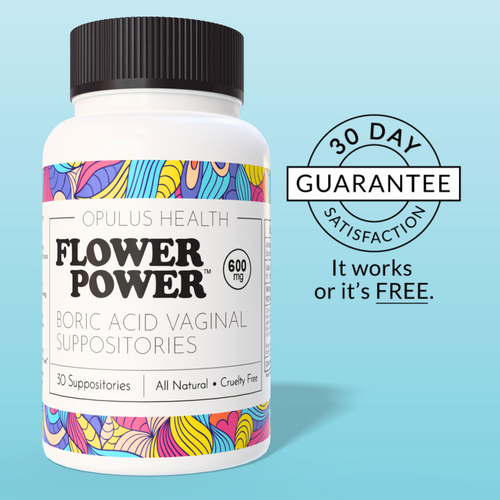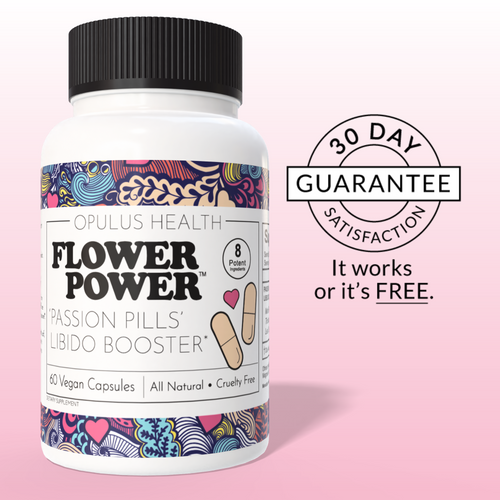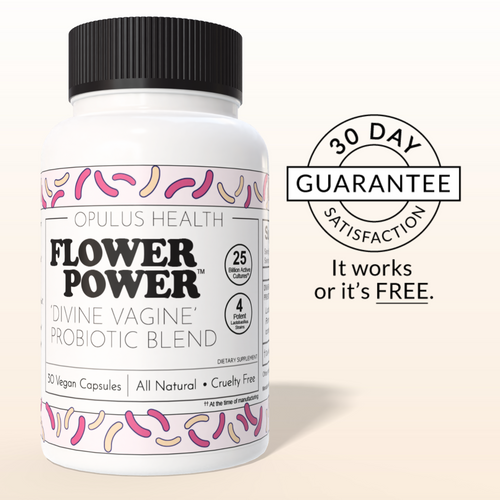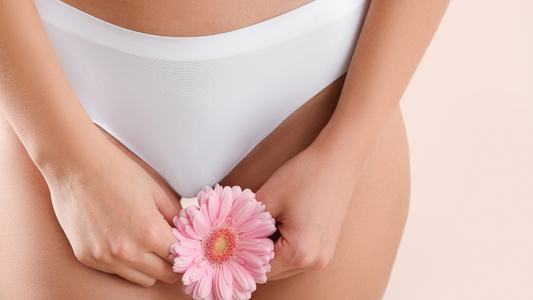Breaking the Silence Around Vaginal Dryness
Vaginal dryness is far more common than most people realize, yet it’s a topic that often goes unspoken—even between partners. Whether caused by hormonal changes, stress, medications, or lifestyle factors, dryness is a natural health issue, not a personal flaw. Still, the surrounding silence can lead to frustration, discomfort, and even misunderstandings in relationships.
Learning how to talk to your partner about vaginal dryness is an important step in maintaining intimacy, trust, and mutual support. Open communication not only reduces feelings of embarrassment but also creates space for both partners to explore solutions together—building a stronger, more connected relationship in the process.
Why Communication Matters in Intimate Health
Vaginal dryness isn’t just a physical issue—it can ripple into the emotional and relational aspects of intimacy. Physically, dryness may cause discomfort, burning, or pain during intimacy, which can make women hesitant to engage. Emotionally, this hesitation can be misunderstood by a partner as disinterest, rejection, or even a loss of attraction, when in reality it’s simply a matter of comfort.
This is why communication is so essential. By talking openly, couples replace uncertainty with understanding. Instead of feeling distanced, partners can work together to find solutions—whether that means using a natural lubricant, making lifestyle adjustments, or incorporating hormone-free supplements like She Juicy into a wellness routine.
When partners treat vaginal dryness as a shared challenge rather than a silent struggle, it not only relieves physical discomfort but also strengthens trust, closeness, and emotional intimacy. Clear communication fosters compassion, keeps intimacy positive, and ensures both partners feel connected.
Overcoming the Stigma
One of the biggest barriers to discussing vaginal dryness is the stigma that surrounds it. Many women hesitate to bring it up out of embarrassment, worrying their partner might see it as a reflection of desire, youth, or femininity. Others fear rejection or that the topic will create tension instead of closeness.
But vaginal dryness is not a personal flaw—it’s a natural and common health issue that can affect women at any age. Just like headaches, fatigue, or digestive issues, it’s a physical condition with real causes and real solutions. Reframing the conversation in this way helps remove shame and emphasizes that dryness is something many women experience, often silently.
By approaching the topic as a shared experience, couples can move away from blame or self-consciousness and focus instead on finding comfort and solutions together. This perspective shift turns what feels like a sensitive problem into an opportunity to strengthen trust, care, and intimacy.
Tips for Starting the Conversation
Talking about vaginal dryness may feel intimidating at first, but choosing the right approach makes it much easier—and more effective. If you’re wondering how to tell your partner about vaginal dryness, here are some simple strategies to guide the discussion:
-
Choose the right time: Bring it up outside the bedroom, in a relaxed and calm setting, so the conversation feels supportive rather than pressured.
-
Use “I” statements: Express how you’re feeling without placing blame. For example, “I’ve been experiencing some dryness that makes intimacy uncomfortable,” is more constructive than focusing on what’s not working.
-
Keep it collaborative: Frame the conversation as something you’ll navigate together. Phrases like, “This is something we can manage as a team,” help reinforce intimacy and connection.
-
Be clear but compassionate: Honesty builds trust, but kindness ensures the discussion feels positive.
-
Introduce solutions: Mention natural remedies, lubricants, or supplements (like She Juicy Vaginal Moisture Supplement) to show that you’re proactive and hopeful about improving the situation.
By starting the conversation thoughtfully, you create a safe space where both partners can express themselves and work together toward solutions—strengthening both intimacy and emotional closeness.
Framing It as a Health & Wellness Conversation
One of the best ways to reduce tension around the topic of vaginal dryness is to frame it as a health and wellness conversation—just like talking about diet, exercise, sleep, or stress. When you position dryness as a normal part of overall well-being, it removes shame and makes it easier for both partners to engage with empathy and curiosity.
You might explain that vaginal dryness is often linked to everyday factors like hormonal changes, stress, or even common medications. It’s not unusual, and it doesn’t mean something is “wrong” with your relationship or your body—it simply means your body needs a little extra support.
Most importantly, you can highlight that this is a manageable issue. From lifestyle adjustments and hydration to natural, hormone-free solutions, there are plenty of ways to restore balance and comfort. By framing the conversation around health and solutions, you make it a shared wellness journey rather than a sensitive obstacle.
Exploring Solutions Together
Once the conversation is open, the next step is to shift into solutions. This helps the discussion feel proactive and hopeful rather than focused only on the challenge. By exploring options together, you and your partner can strengthen intimacy while supporting your overall health.
-
Short-term relief: Natural lubricants and external moisturizers can provide immediate comfort, making intimacy more enjoyable without hormones or harsh chemicals.
-
Long-term hydration: Supplements like She Juicy Vaginal Moisture Supplement work from the inside out, supporting vaginal tissue hydration and resilience over time.
-
Shared wellness habits: Stress management, hydration, and a nutrient-rich diet can be incorporated as couple’s activities—whether it’s cooking healthy meals, practicing yoga, or winding down together before bed.
When couples approach vaginal dryness as a shared journey, it not only restores comfort but also deepens connection. Knowing there are safe, hormone-free solutions for vaginal dryness without hormones reassures both partners that intimacy and wellness can thrive together.
Building Intimacy Beyond Intercourse
Vaginal dryness can sometimes make penetrative sex uncomfortable, but intimacy is about much more than intercourse. Focusing on emotional connection, shared affection, and non-penetrative intimacy can relieve pressure while keeping closeness alive.
Gentle touch, cuddling, massages, or simply spending intentional time together can strengthen trust and emotional bonds. By broadening the definition of intimacy, couples create space for healing and exploration without the stress of performance or discomfort.
This approach not only supports vaginal health by giving the body time to adjust and restore but also deepens the relationship by reminding both partners that intimacy is built on connection, communication, and care—not just physical activity.
FAQs About Talking to Your Partner About Vaginal Dryness
How do I tell my partner about vaginal dryness without feeling embarrassed?
The key is to choose a calm, private setting and use “I” statements. For example: “I’ve been experiencing dryness, and I’d love for us to work on this together.” Framing it as a shared journey helps reduce embarrassment and fosters teamwork.
Can vaginal dryness affect intimacy and relationships?
Yes. Vaginal dryness can cause discomfort during intimacy, which sometimes leads to stress, avoidance, or misunderstandings. Open communication and natural solutions help protect both physical comfort and emotional closeness.
What’s the best way for couples to manage vaginal dryness together?
Start by combining short-term relief, like natural lubricants, with long-term hydration from supplements such as She Juicy Vaginal Moisture Supplement. Pairing these with stress management, hydration, and supportive lifestyle changes creates a holistic approach.
Are natural products like She Juicy safe to use long-term?
Absolutely. She Juicy is hormone-free, pH-balanced, and made with botanicals like Slippery Elm Bark. It’s designed for safe, everyday support to keep vaginal tissue hydrated over time.
When should we consider medical help instead of home remedies?
If dryness persists despite natural remedies, or if it’s accompanied by pain, itching, or recurrent infections, it’s best to consult a healthcare professional. Medical evaluation ensures there isn’t an underlying condition that needs attention.

















